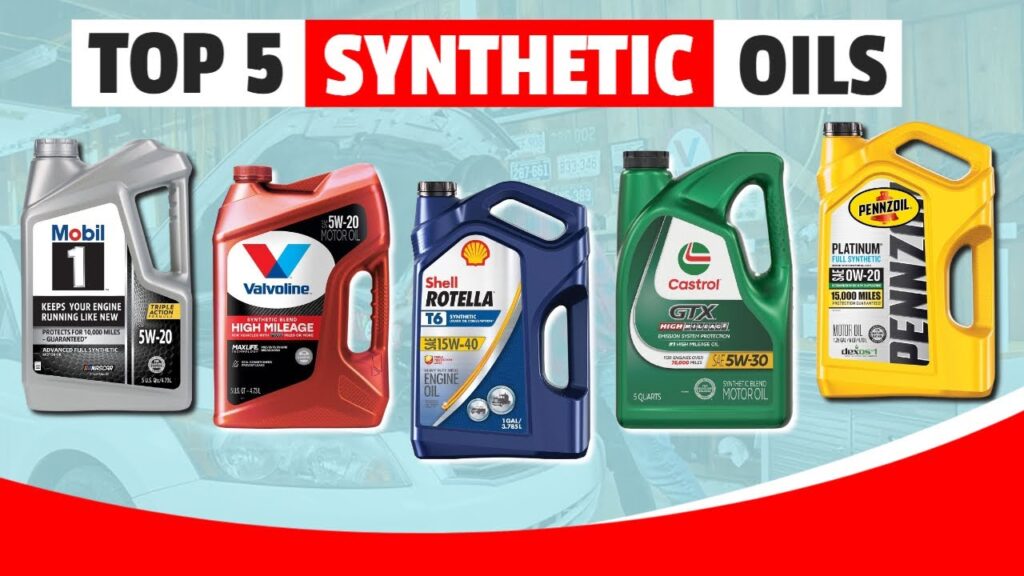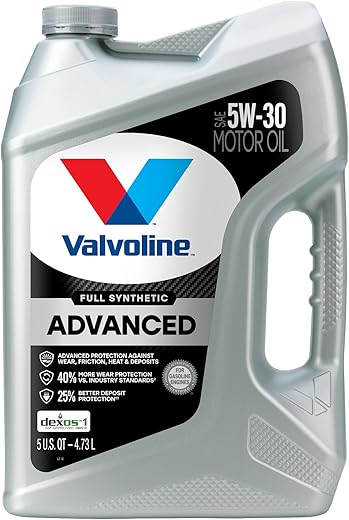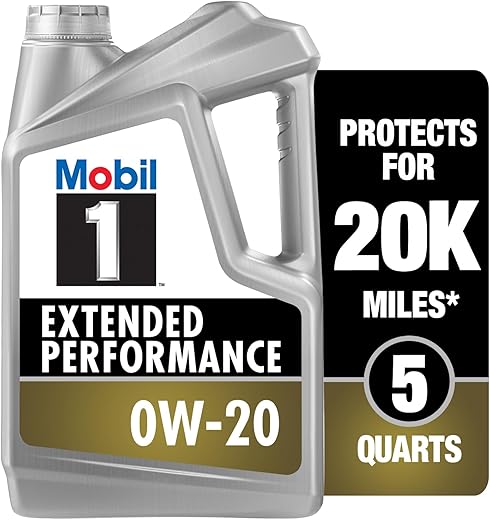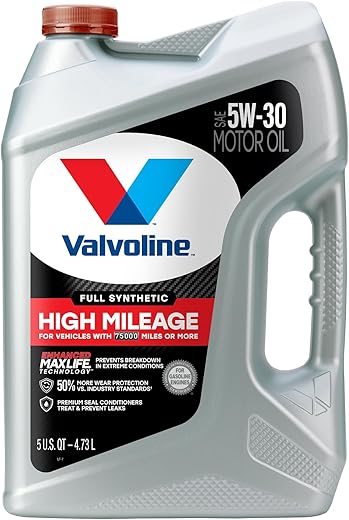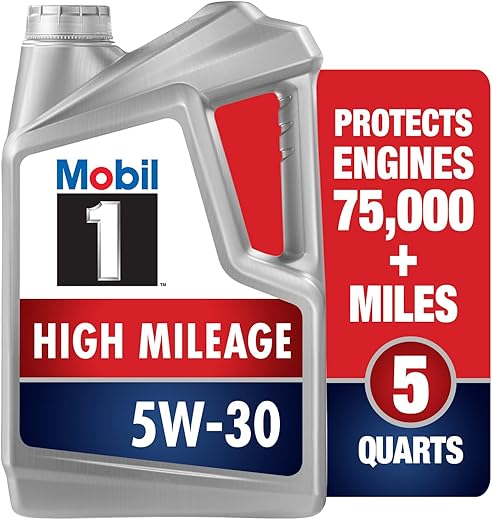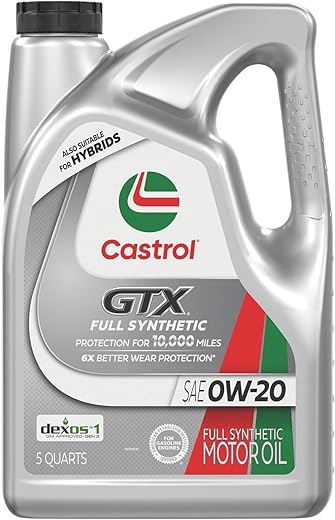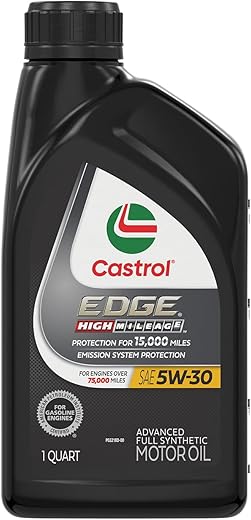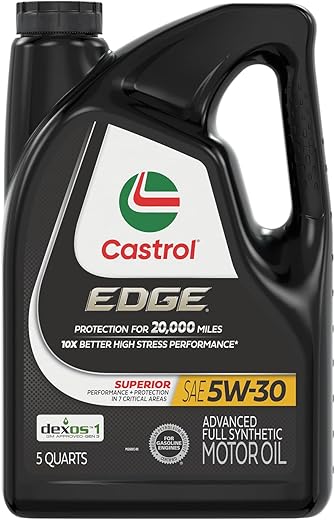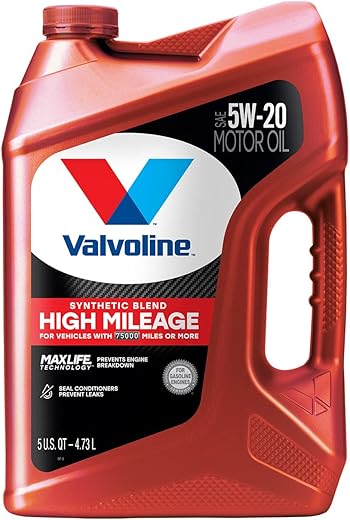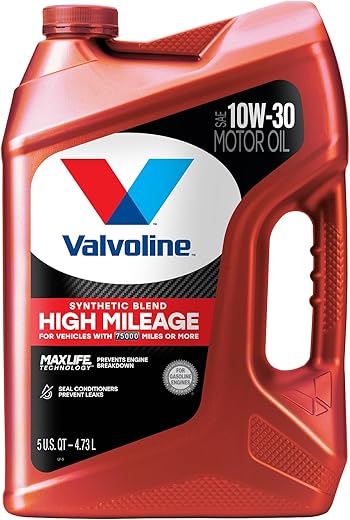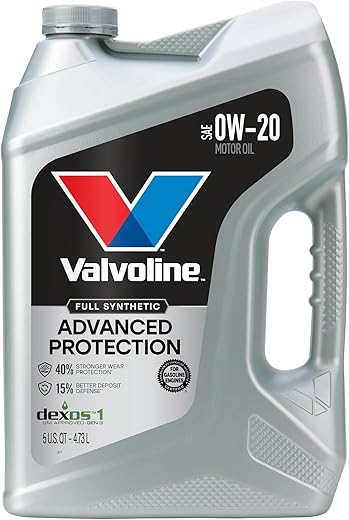Are Synthetic Oils Better for High Mileage Cars? Benefits Explained!
When it comes to maintaining your vehicle, choosing the right type of engine oil is paramount. Many car owners ask, what are synthetic oils benefits, and whether switching to synthetic oil is a smart move for their vehicle’s health. Synthetic oils have revolutionized automotive maintenance, offering enhancements in engine performance, fuel efficiency, and durability. This comprehensive guide explores the ins and outs of synthetic oils, the tangible benefits they provide, and how to make informed decisions tailored to your vehicle’s needs. Whether you’re a high-mileage driver or just looking to optimize your daily commute, understanding synthetic oils can significantly prolong engine life and improve overall vehicle performance.
Understanding Synthetic Oils
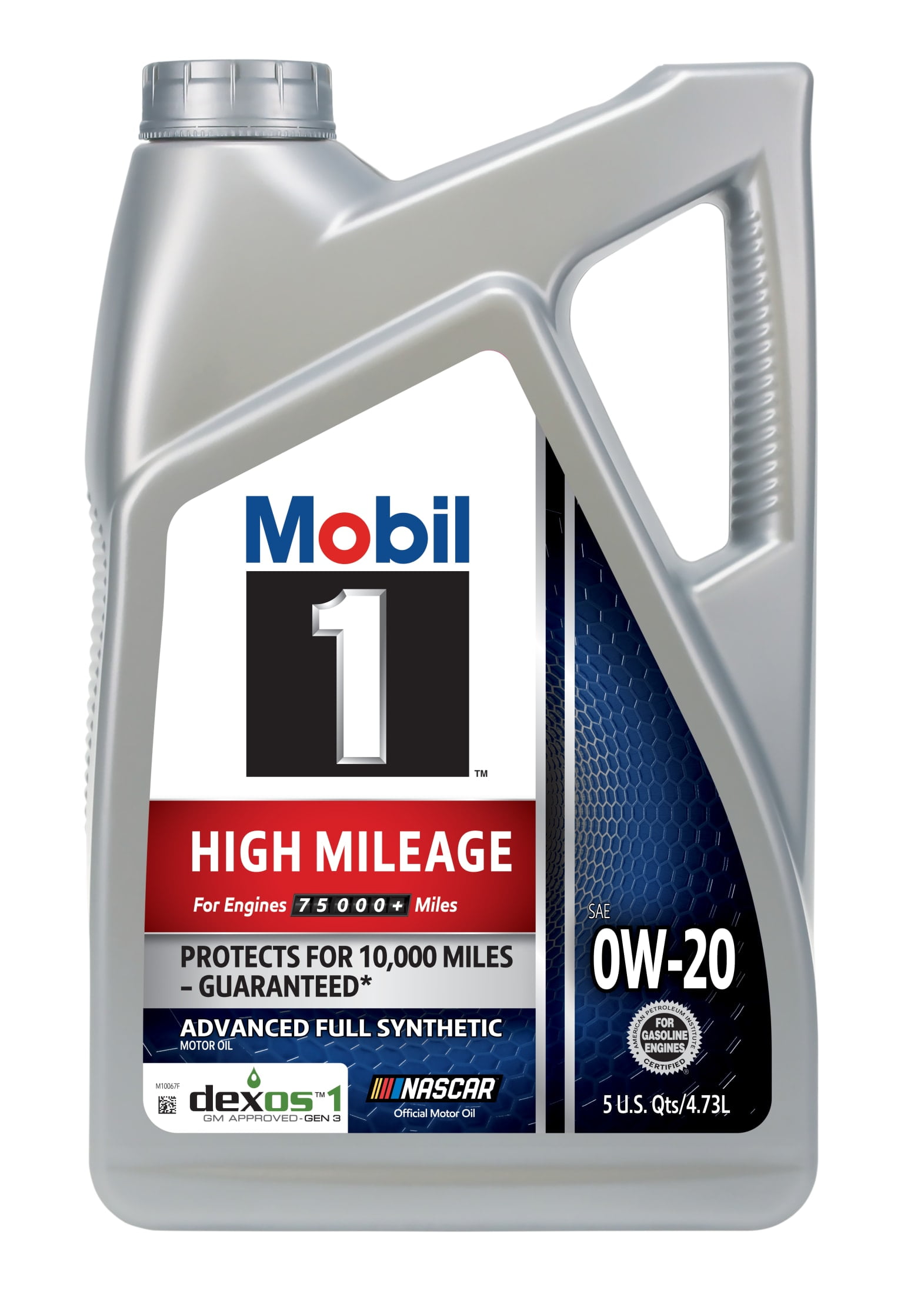
What are Synthetic Oils?
Synthetic oils are specially formulated lubricants designed to surpass the performance of traditional mineral-based oils. Unlike conventional oils, which are derived directly from crude oil, synthetic oils are engineered through complex chemical processes to create molecules with specific properties optimized for vehicle engines. Synthetic oils are made to offer superior thermal stability, enhanced lubrication, and increased resistance to breakdown under extreme conditions. This means they can withstand higher temperatures without losing their protective qualities, making them ideal for modern engines that operate at higher efficiencies and pressures.
The Composition of Synthetic Oils
The key to synthetic oils lies in their molecular structure. While conventional oils contain a mix of various hydrocarbons, synthetic oils are constructed from artificially synthesized compounds, such as polyalphaolefins (PAOs), esters, and other advanced base stocks. These synthetic base oils are highly uniform in size and shape, leading to fewer impurities and a smoother, more consistent lubrication film. This uniformity enables synthetic oils to circulate more effectively, reduce engine wear, and maintain their protective qualities over longer periods.
How Synthetic Oils are Made
The production of synthetic oils involves chemical engineers carefully designing molecules to optimize performance. The process begins with the refining of base stocks—either through a process called synthesis or modification of natural oils. Afterward, various additives—antioxidants, detergents, viscosity improvers—are blended into the base oil to enhance specific properties. The result is a lubricant that provides consistent viscosity, excellent thermal stability, and minimal formation of sludge and deposits. Because of this sophisticated manufacturing process, synthetic oils can be tailored for specific engine types or performance requirements, making them versatile across a broad spectrum of vehicles.
Benefits of Using Synthetic Oils
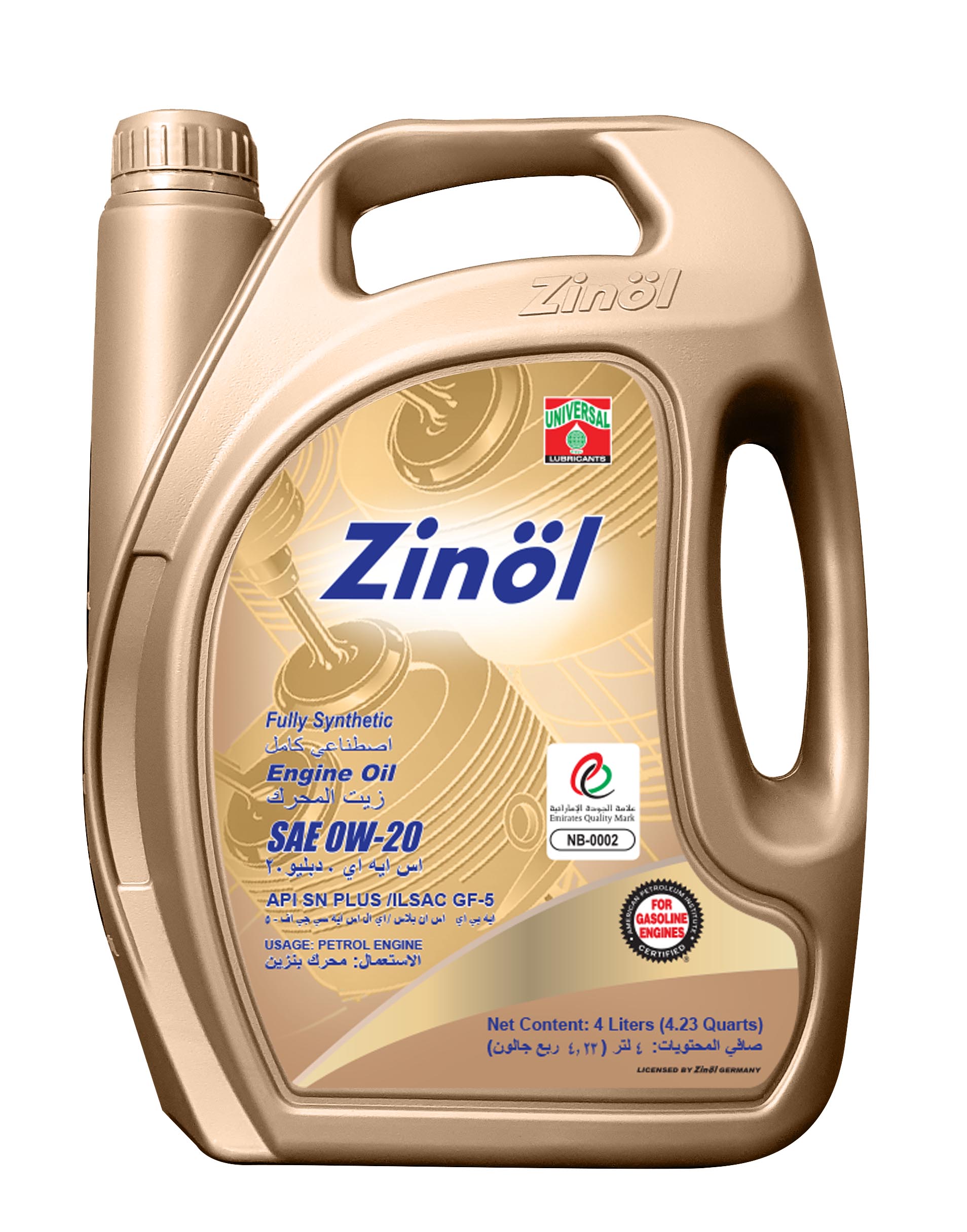
Improved Engine Performance
Synthetic oils are engineered to offer a high level of lubricity, reducing friction between moving parts. This decreased friction translates to smoother engine operation, more responsive accelerations, and an overall enhancement in vehicle performance. Especially in high-stress scenarios—like towing heavy loads or spirited driving—synthetic oils provide a reliable film of protection that conventional oils may struggle to deliver. Furthermore, synthetic oils maintain consistent viscosity across a broad temperature range, ensuring that the engine is properly lubricated whether it’s cold outside or the engine is hot and operating at high RPMs. This consistency minimizes engine hesitation during startup and optimizes power delivery during operation.
Better Fuel Efficiency
One of the critical benefits that what are synthetic oils benefits include is improved fuel economy. Due to their lower internal friction, engines using synthetic oils typically require less energy to turn over and operate efficiently. This translates into marginal but meaningful fuel savings over time, especially for long-distance drivers or fleet operators. Synthetic oils also resist thinning in high temperatures, which helps maintain proper oil pressure and reduces the engine’s workload. The cumulative effect is a vehicle that consumes less fuel while experiencing less wear and tear—another reason why synthetic oils are becoming an industry standard.
Enhanced Engine Protection
Synthetic oils provide superior protection against engine wear, especially during cold starts when conventional oils tend to thicken. Because synthetics have excellent flow properties at low temperatures, they circulate swiftly through the engine components, reducing the risk of metal-to-metal contact, which leads to wear. Their resistance to oxidation and thermal breakdown preserves the oil’s lubricating qualities over extended intervals. This means that synthetic oils can protect your engine from harmful deposits, sludge, and corrosion, ultimately extending engine lifespan and reducing costly repairs.
Resistance to Oxidation
Oxidation is a chemical process that occurs when oil interacts with oxygen at high temperatures, leading to sludge, thickening, and deposit formation. Synthetic oils are formulated with antioxidants and resistant base stocks that significantly slow down this process. As a result, synthetic oils retain their fluidity and protective qualities much longer than conventional oils. This resistance to oxidation plays a crucial role in maintaining engine cleanliness, reducing the need for frequent oil changes, and ensuring reliable performance under demanding conditions.
Longer Oil Change Intervals
Thanks to their stability and resistance to breakdown, synthetic oils typically allow for longer intervals between oil changes. This aspect not only saves time and money but also reduces the environmental impact by decreasing used oil disposal. Many manufacturers now recommend synthetic oil change intervals of 7,500 to 10,000 miles, or even more, depending on driving habits and engine conditions. This flexibility offers peace of mind for busy drivers who prefer less frequent maintenance while still safeguarding engine health.
Better Cold Weather Performance
Engine oils tend to thicken in cold weather, making cold starts more challenging and increasing engine wear. Synthetic oils, with their low pour points, flow freely at much lower temperatures, providing reliable lubrication from the moment you start the engine. This attribute is particularly valuable in regions with harsh winter climates, where traditional oils may struggle to circulate, thus risking engine damage during startup. Synthetic oils ensure your engine stays protected even in the coldest conditions.
Reduced Engine Wear
Synthetic oils excel at reducing engine wear by forming a more durable lubricating film that shields engine components from friction and metal-to-metal contact. Their superior molecular uniformity and additive technology minimize deposit formation, keeping the engine cleaner and more efficient over time. In high-performance engines or vehicles subjected to rigorous driving conditions, the protective qualities of synthetic oil become especially apparent, preventing premature component failure and extending engine life.
Can You Mix Synthetic and Conventional Oil?
Understanding Compatibility
Many drivers question whether they can mix synthetic and conventional oil without harming their engine. The short answer is that, in most cases, mixing oils is technically possible but not recommended unless absolutely necessary. Synthetic and conventional oils share similar base properties, which usually allows them to blend without immediate harm. However, mixing the two can compromise the benefits of synthetic oils, diluting their high-performance qualities and potentially leading to inconsistent viscosity.
Potential Risks of Mixing Oils
Merging synthetic with conventional oil may lead to several issues. These include reduced lubrication efficiency, quicker oil degradation, and increased sludge formation due to incompatible additive packages. Over time, this can cause engine deposits, increased friction, and even premature wear. Additionally, some additive components designed exclusively for synthetic oils may not perform effectively when mixed with conventional oils, potentially diminishing the overall protective qualities.
When It Might Be Acceptable to Mix
Occasionally, mixing synthetic and conventional oil might be unavoidable—such as during an emergency oil top-up when synthetic isn’t available. In these cases, it’s advisable to use the same brand and viscosity grade to minimize compatibility issues. If possible, plan to perform an oil change soon after mixing to restore the full protective benefits of synthetic oil. Always check your vehicle manufacturer’s guidelines, as some may specify strict requirements regarding oil types.
Recommended Practices for Mixing
For optimal engine health, it’s best to avoid mixing synthetic and conventional oils regularly. If you decide to top up with a different type, opt for the same viscosity and a reputable brand that offers compatible additive packages. Once circumstances allow, consider performing a complete oil change with synthetic oil to ensure consistent protection. Regular monitoring of oil condition and level also helps catch potential issues early, regardless of whether oils are mixed.
Synthetic Oil Change Frequency

How Often Should You Change Synthetic Oil?
The big question for many drivers is, synthetic oil how often change? While synthetic oils boast longer-lasting properties, they’re not indestructible. Generally, most manufacturers recommend changing synthetic oil every 7,500 to 10,000 miles, or roughly once a year for typical driving conditions. However, this interval can vary based on driving habits, engine type, and manufacturer specifications. High-performance vehicles, frequent short trips, or towing applications may require more frequent changes to maintain optimal engine performance.
Factors Influencing Oil Change Intervals
Several factors influence how often you should replace synthetic oil:
- Driving Conditions: Stop-and-go city driving, short trips, or harsh climates may increase oil contamination.
- Engine Age and Condition: Older engines with high mileage may benefit from more frequent oil changes to maintain cleaning and protection.
- Oil Quality: Higher-quality synthetic oils with advanced additives tend to last longer.
- Manufacturer Recommendations: Always consult your vehicle’s manual for specific guidance tailored to your engine.
Signs You Need an Oil Change
While scheduled intervals are essential, it’s equally important to watch for warning signs indicating your synthetic oil needs changing:
- Dark, thick oil that appears dirty.
- Elevated engine temperature or warning lights.
- Unusual engine noises or knocking.
- Reduced fuel efficiency or sluggish performance.
- Oil smells or visible leaks.
Regular oil level checks and monitoring oil color can help prevent engine problems caused by neglecting timely oil changes.
Manufacturer Recommendations
Automakers have increasingly leaned toward synthetic oils, emphasizing their advantages with longer change intervals. Always adhere to your vehicle’s owner manual for specific recommendations, but remember that these are starting points—not set in stone. Many experts suggest erring on the side of caution with high-mileage or heavily used vehicles by opting for more frequent oil changes, especially if experiencing any engine performance issues.
Are Synthetic Oils Better for High-Mileage Cars?
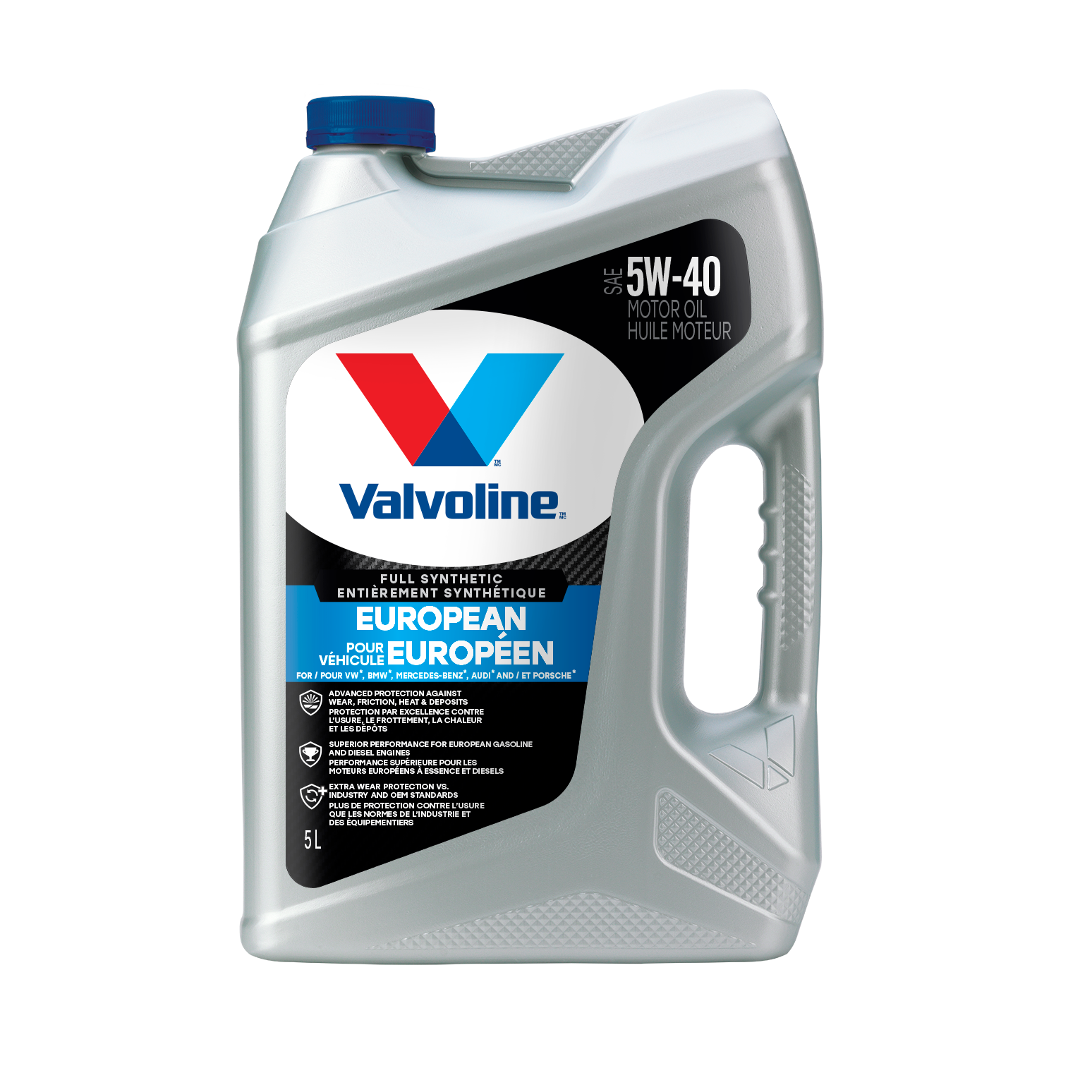
Understanding High-Mileage Vehicles
High-mileage cars—typically those with over 75,000 miles—often face increased engine wear, deposits, and oil consumption issues. For such vehicles, choosing the right oil becomes crucial in prolonging engine life and maintaining performance. Synthetic oils are especially advantageous for these vehicles because they provide superior sealing properties, help reduce oil leaks, and can handle higher operating temperatures and stresses typical of aging engines.
Benefits of Synthetic Oils for Older Engines
Synthetic oils contribute significantly to what are synthetic oils benefits in high-mileage cars. Their ability to reduce friction and wear is vital for engines where piston rings, valve seals, and other components may be worn or compromised. These oils often contain special additives formulated for high-mileage engines. They help maintain proper compression, minimize oil consumption, and keep engine parts cleaner by dispersing sludge and deposit formation.
Which Synthetic Oils are Best for High Mileage?
When selecting synthetic oils for high-mileage vehicles, look for products explicitly designed for older engines. Many premium brands, such as Amazon’s Choice options like Mobil 1 High Mileage or Valvoline High Mileage Synthetic Oil, feature added conditioners that restore and maintain engine seals. These oils provide enhanced viscosity stability, oxidation resistance, and deposit control—attributes necessary for aging engines that demand reliable lubrication and protection.
Transitioning to Synthetic Oil in High Mileage Cars
Switching from conventional to synthetic oil in a high-mileage vehicle is generally beneficial. It’s advisable to perform a complete oil change and check for any leaks or issues beforehand. Some drivers prefer a gradual transition, starting with synthetic blends and moving to full synthetics once the engine stabilizes. Regular monitoring during and after the switch ensures that your high-mileage engine receives optimal protection.
Mistakes to Avoid
Not Following Manufacturer Guidelines
Ignoring your vehicle’s manual recommendations is one of the most common mistakes. Overlooking specified oil viscosity grades, change intervals, or additive specifications can lead to engine damage or voiding warranties. Always consult your owner’s manual for guidance on suitable synthetic oils and maintenance schedules to ensure you’re providing the best protection for your engine.
Ignoring Oil Warning Signs
Many drivers tend to overlook early warnings such as unusual noises, low oil levels, or visibility of contaminants. These signs often indicate underlying issues that could worsen without timely intervention. Maintaining a routine of regular inspections and responding promptly to warning signs can prevent costly repairs and extend your engine’s lifespan.
Choosing the Wrong Oil for Your Engine
Selecting an oil without considering your engine’s specific requirements can be detrimental. For example, using a lower-viscosity synthetic oil when your manual recommends a higher one could compromise lubrication. Always verify the compatibility and specifications listed by the manufacturer or consult trusted automotive experts before purchasing an oil.
Neglecting Regular Maintenance
Synthetic oils do not eliminate the need for regular vehicle maintenance. Failing to replace oil filters, neglecting cooling system checks, or ignoring other routine procedures can undermine the benefits of using high-quality oil. Stick to a comprehensive maintenance schedule to maximize the benefits and lifespan of your engine.
Notes
Importance of Research Before Selection
With countless synthetic oil brands on the market, doing thorough research is essential. Opt for products that meet industry standards such as API SN or SP ratings and those with OEM approval or certifications. Reading reviews, comparing specifications, and consulting trusted sources can help you select the most suitable product for your vehicle’s unique needs.
Check for Certifications and Approvals
Always verify whether the synthetic oil has pertinent certifications like API (American Petroleum Institute) approval, ILSAC GF-6, or OEM approvals. These certifications ensure the oil meets rigorous performance and safety standards, providing peace of mind. Choosing certified oils ensures compatibility with your engine and adherence to industry best practices.
Comparing Different Synthetic Oil Brands
Brands vary in additive technology, base stock quality, and price. Leading brands like Mobil 1, Royal Purple, and Valvoline are often rated highly for their stability and protective qualities. Consider your driving habits, budget, and vehicle specifications when comparing options. Premium branded oils may cost more upfront but offer enhanced durability and performance.
Frequently Asked Questions
Are synthetic oils safe for all vehicles?
Most modern vehicles are compatible with synthetic oils, and they are generally safe for both new and high-mileage engines. However, always consult the owner’s manual, especially for vintage or specialty vehicles, to confirm compatibility.
What is the cost difference between synthetic and conventional oil?
Synthetic oils tend to be more expensive upfront—often two to three times the cost of conventional oil—but their longevity and protective benefits can offset the higher price through less frequent changes and reduced maintenance costs.
Can synthetic oil improve engine life?
Yes, synthetic oils can significantly extend engine life by providing superior lubrication, reducing wear, and maintaining cleaner internal components over time.
Do I need to change my oil filter every time I change the oil?
It’s generally recommended to replace the oil filter with each oil change to ensure clean filtration and optimal engine protection. A new filter effectively traps contaminants and prevents them from recirculating.
How can I tell if my oil is running low?
Check your oil level regularly using the dipstick—look for a visible oil mark. Additionally, keep an eye out for warning lights on your dashboard, oil smells, or decreased engine performance.
What should I do if I accidentally mix oil types?
If accidental mixing occurs, monitor your engine’s performance closely. It’s advisable to perform a complete oil change at the earliest opportunity to restore optimal conditions.
$23.96
Conclusion
Understanding what are synthetic oils benefits provides clarity on why so many drivers and manufacturers opt for this advanced lubricant technology. Synthetic oils deliver enhanced engine performance, improved fuel economy, longer intervals between oil changes, and superior protection—especially crucial for high-mileage or high-performance vehicles. While mixing synthetic with conventional oils is possible in emergencies, adhering to manufacturer guidelines and replacing with high-quality synthetic oils ensures lasting reliability and engine longevity. As automotive technology evolves, embracing synthetic oils as part of a comprehensive maintenance plan offers a clear advantage in keeping your vehicle running smoothly well into the future. Invest in the right synthetic oil today and experience the difference in power, efficiency, and durability—your engine’s best ally. For top recommendations, be sure to check out trusted options like Mobil 1 or Valvoline High Mileage Synthetic Oil, available through Amazon’s Choice. Link in your journey toward smarter, more cost-effective car care!

